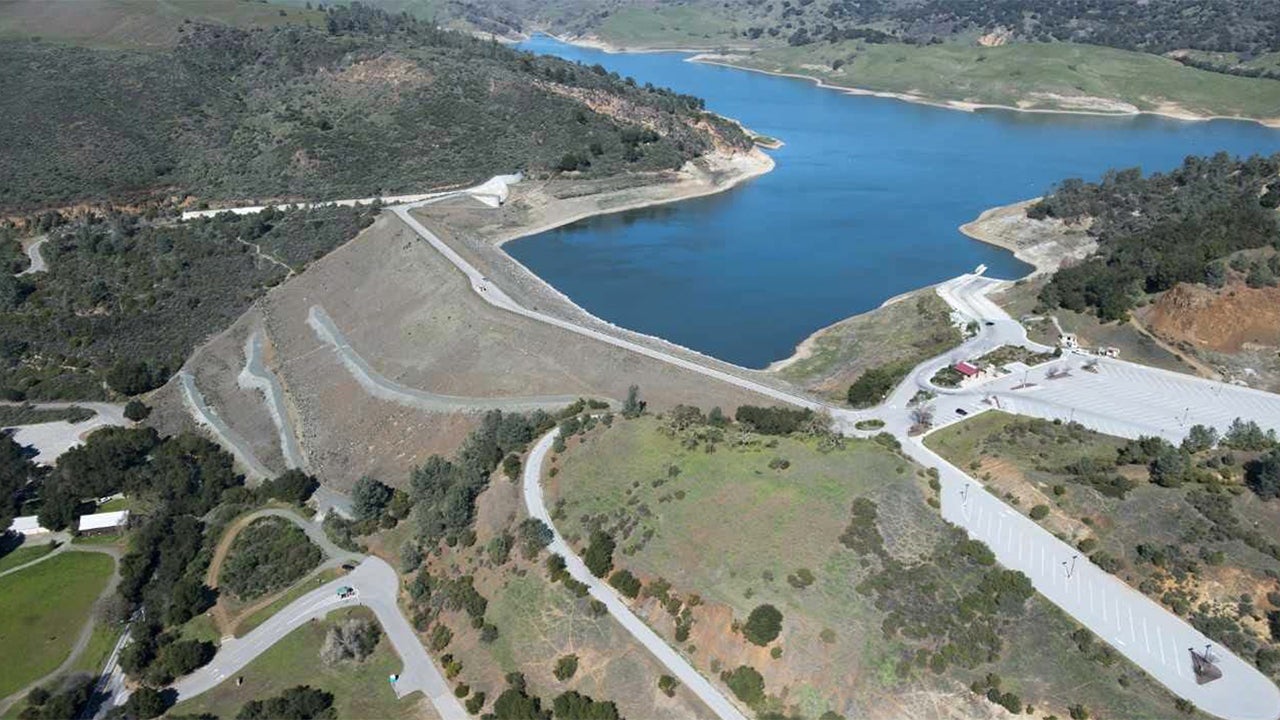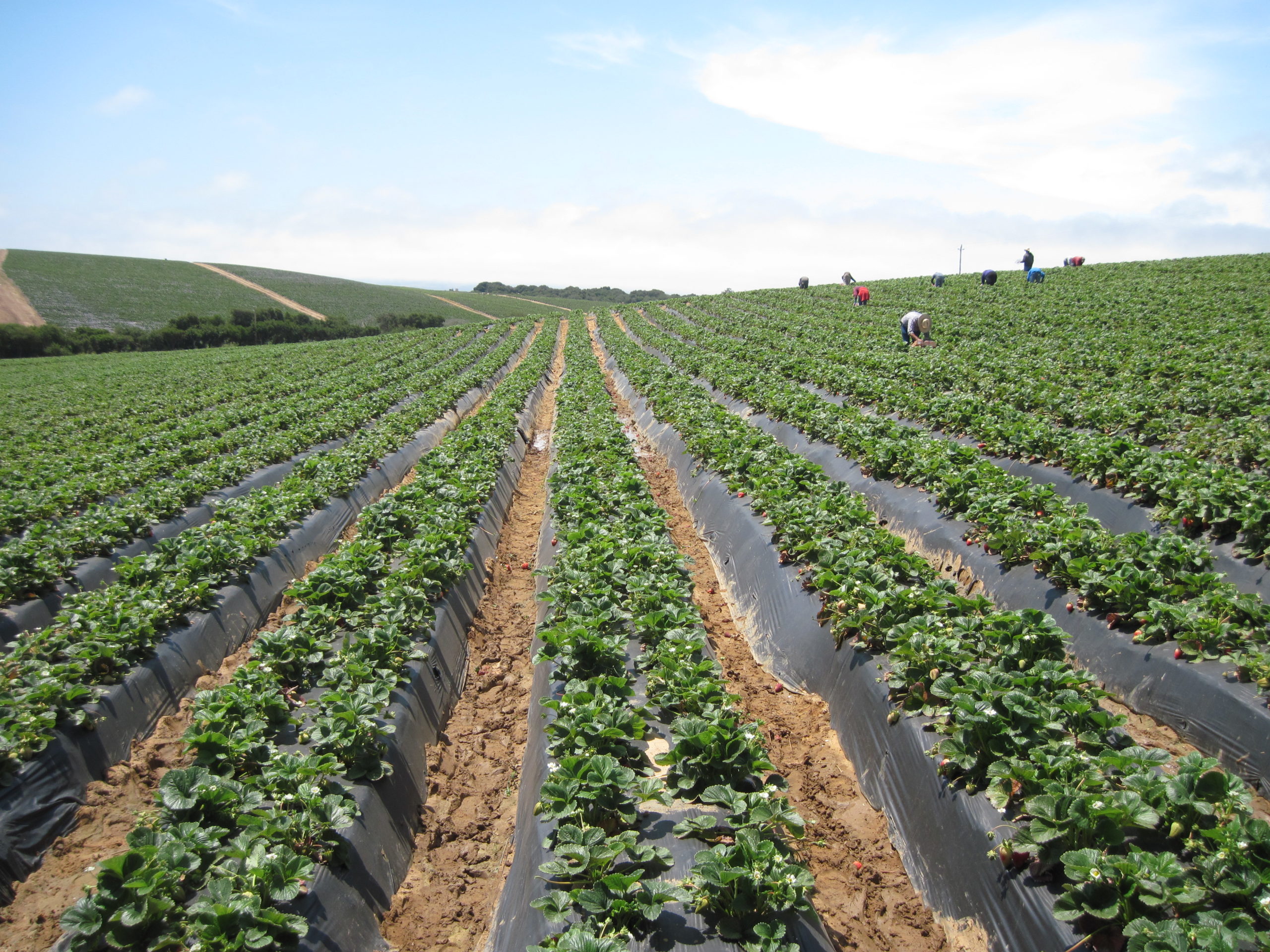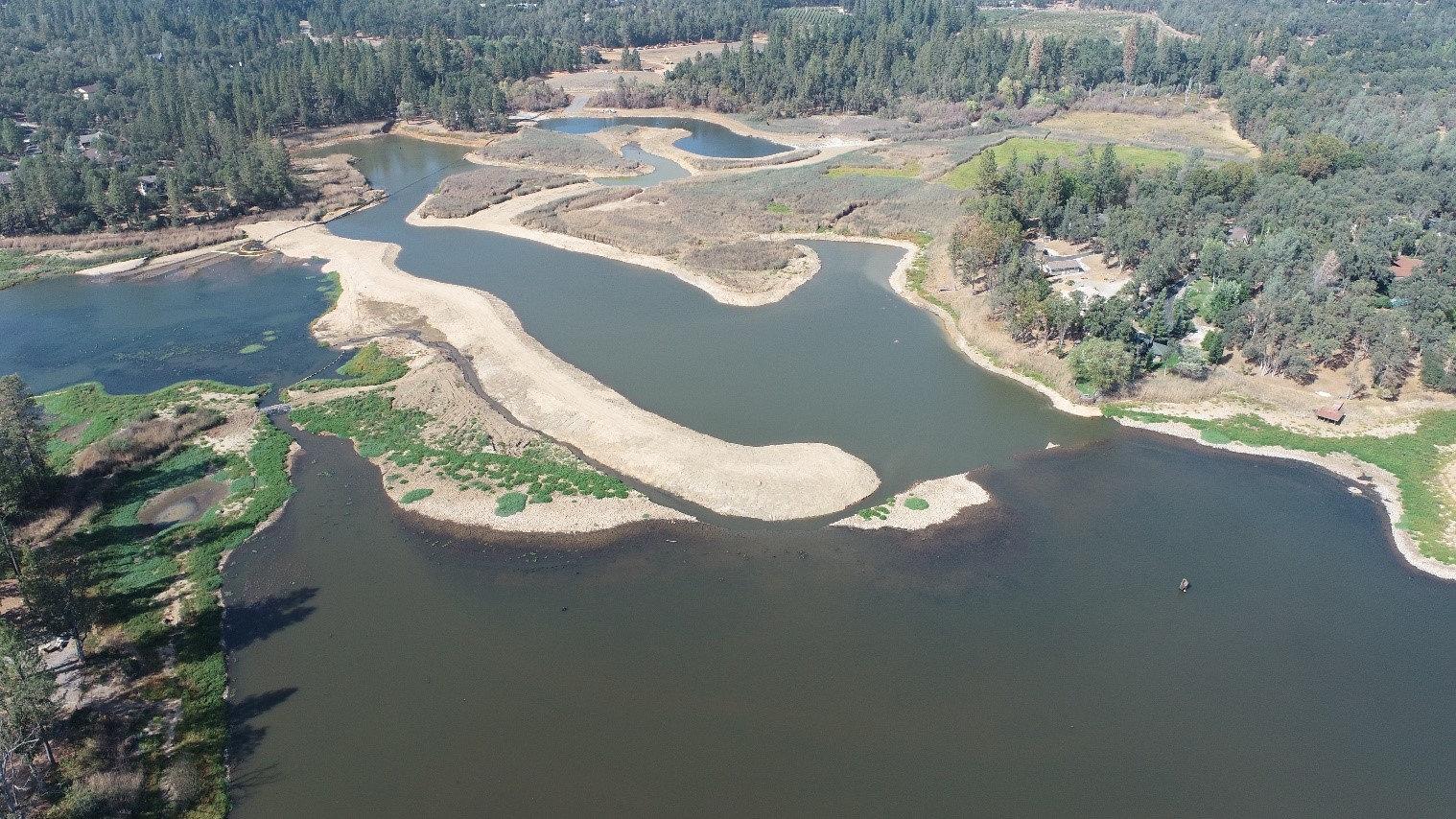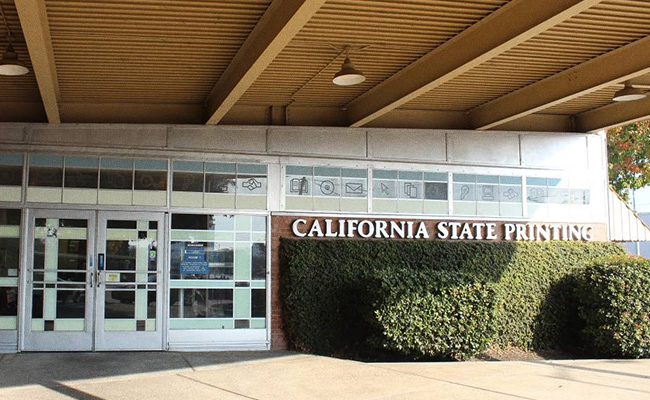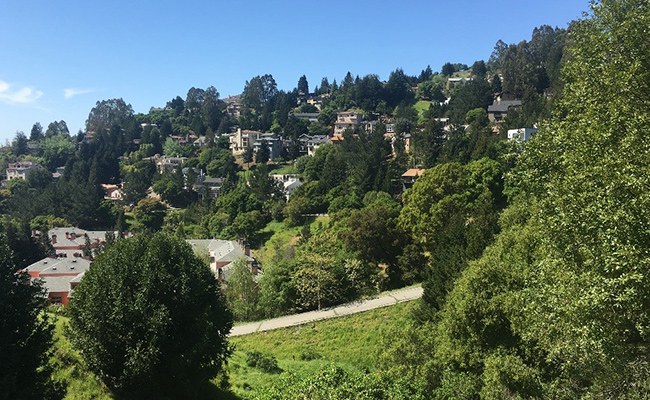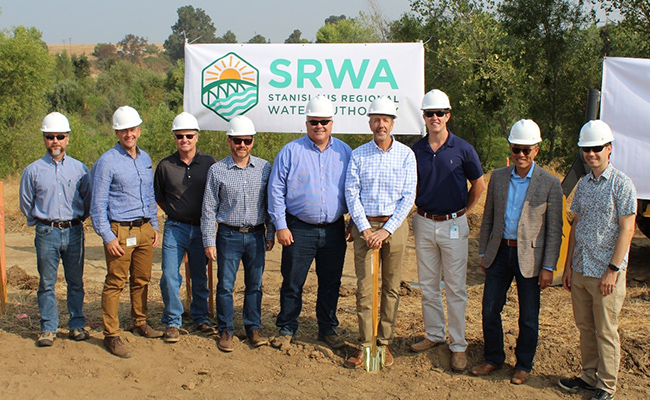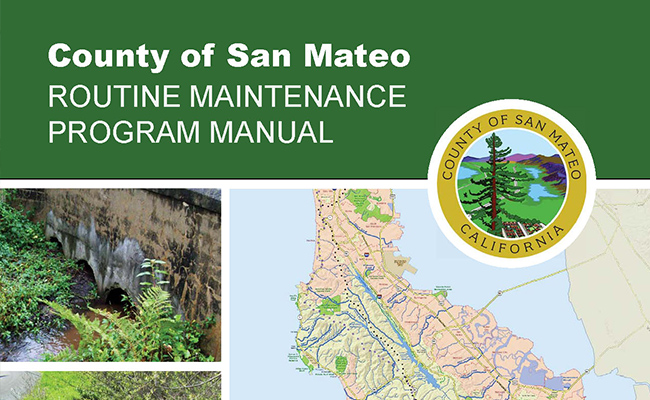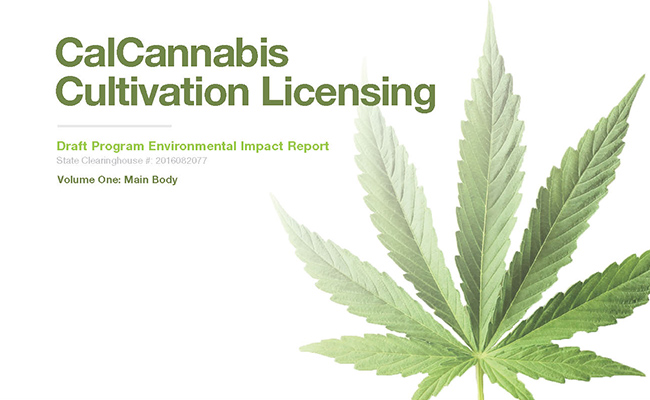Anderson Reservoir is a critical water supply facility for Santa Clara County and is Valley Water’s largest owned and operated reservoir. Located near Morgan Hill, California, reservoir water releases support water supply, groundwater recharge, flood control, power generation, downstream aquatic habitat, maintenance, and emergency purposes. The Anderson Dam is seismically deficient and the dam spillway lacks the capacity to safely pass flood flows associated with the probable maximum flood. Horizon is assisting Valley Water with environmental planning services including CEQA compliance, FERC order compliance, permitting, and other technical studies.
Following an emergency order issued by the Federal Energy Regulatory Commission (FERC), Valley Water began drawing down the reservoir to Deadpool in October 2020. Construction of the low-level outlet tunnel is anticipated to commence in early 2021. Horizon is leading the consultant team helping Valley Water navigate environmental studies and permitting to comply with recent FERC orders, while also making progress on the larger dam replacement project EIR. Horizon tasks to date have included design alternatives review, impacts assessment, mitigation planning, sediment monitoring plan development, and preparation of construction specifications.
